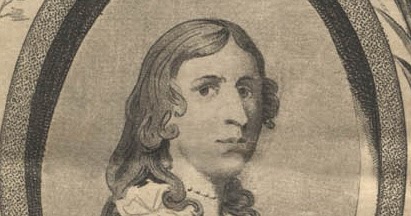
Deborah Sampson’s journey from indentured servitude to a disguised soldier in the Continental Army embodies a tale of daring and resilience.
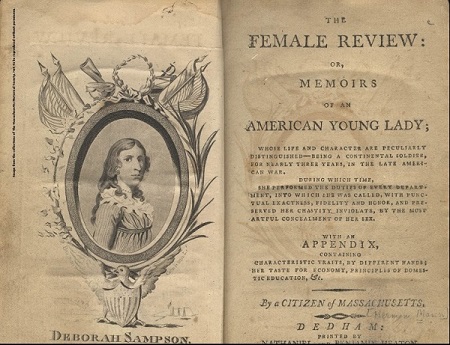
In an era when women’s roles were severely limited, Sampson’s audacity to fight for her country’s freedom carved her an indelible place in American Revolutionary War history.
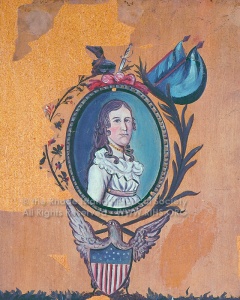
Hailing from Plympton, Massachusetts, on December 17, 1760, Sampson emerged as one of seven offspring of Jonathan Sampson Jr. and Deborah (Bradford) Sampson.
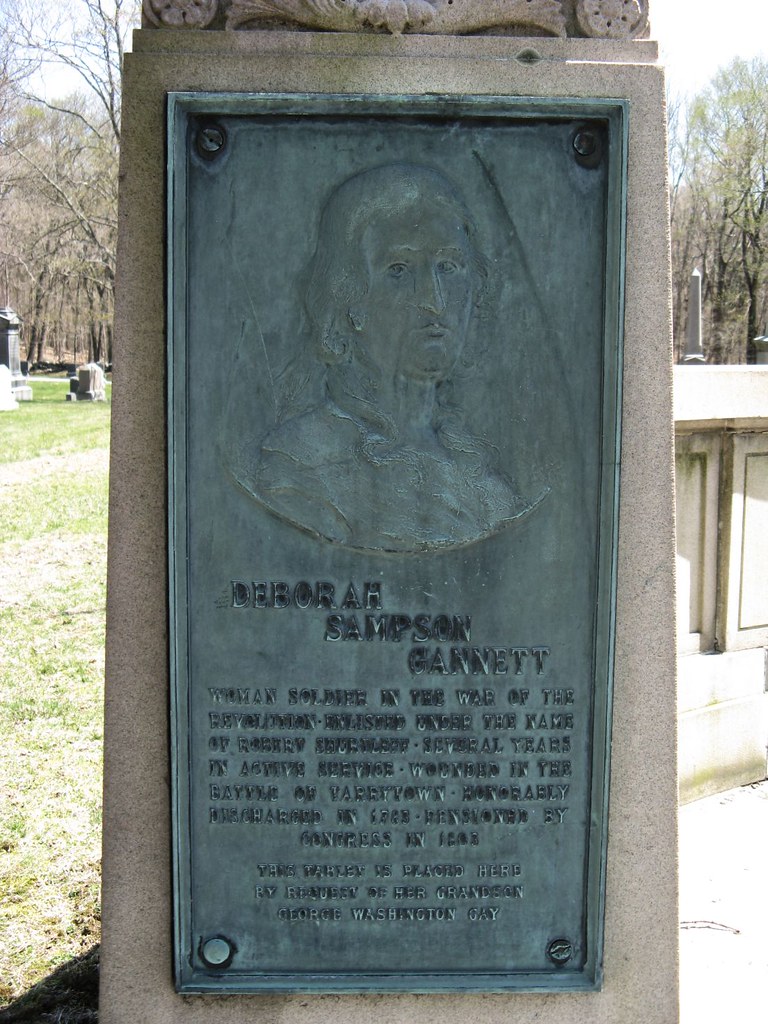
Their lineage traced back to esteemed Pilgrims, with Jonathan descending from Myles Standish and Priscilla Alden, and Deborah being the great-granddaughter of Massachusetts Governor William Bradford.

Her father’s disappearance at sea left her mother destitute, prompting the young Deborah to live as an indentured servant.
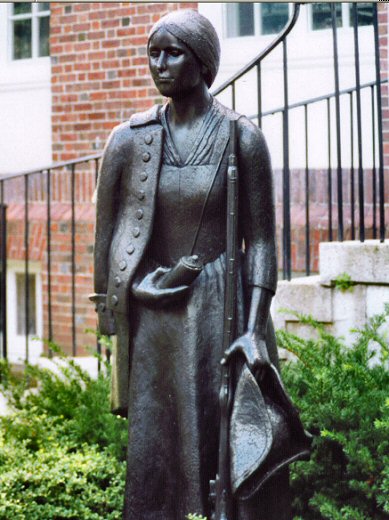
The year was 1782 when Sampson, fueled by patriotism, made the extraordinary decision to enlist in the Fourth Massachusetts Regiment under the alias Robert Shurtleff.
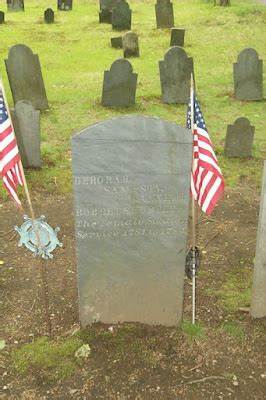
Her physical robustness and height allowed her to successfully masquerade as a man, a facade that enabled her to join the fray of battle and carry out perilous reconnaissance missions.
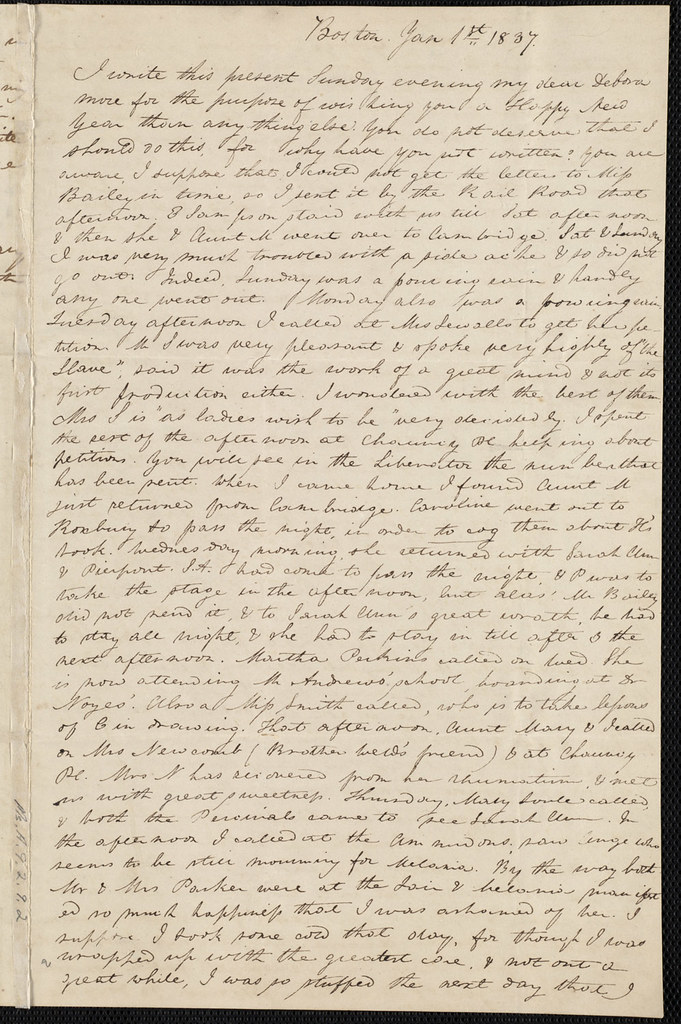
Sampson’s wartime feats were notable. She led a raid on a Tory home, resulting in the capture of 15 men, and showed valor at the siege of Yorktown.
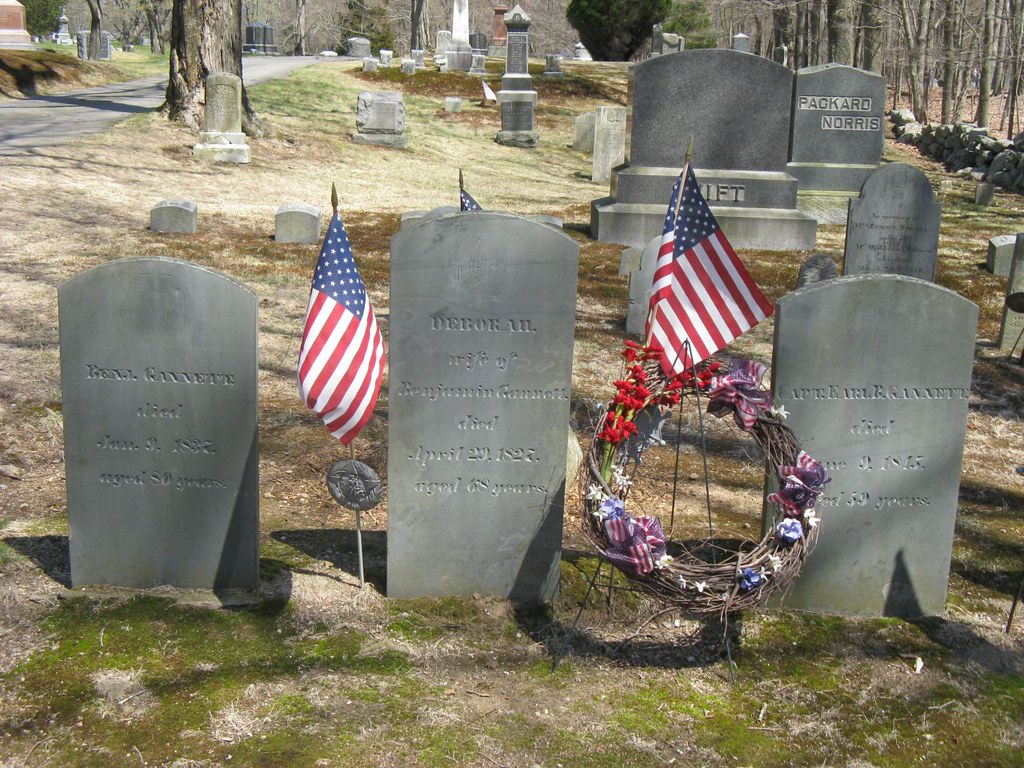
Her soldiering skills were commended, yet her gender remained her secret—until it didn’t.
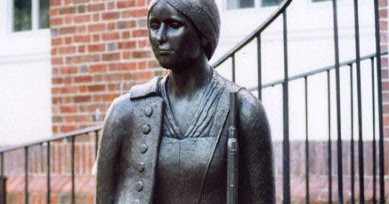
Sampson sustained injuries during combat, including a musket ball to her thigh, which she self-treated to avoid detection.
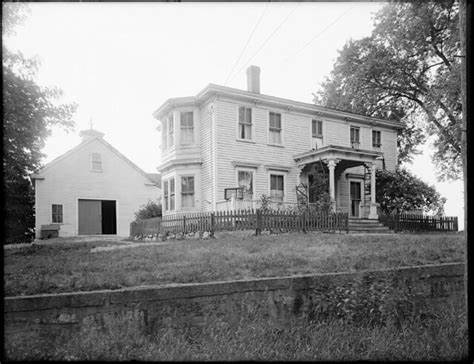
It was not until around a year and a half into her service, while stationed in Philadelphia, that her secret was uncovered. Stricken by illness during an epidemic, Sampson was transported to a hospital and later lost consciousness, leading to the revelation of her true identity.
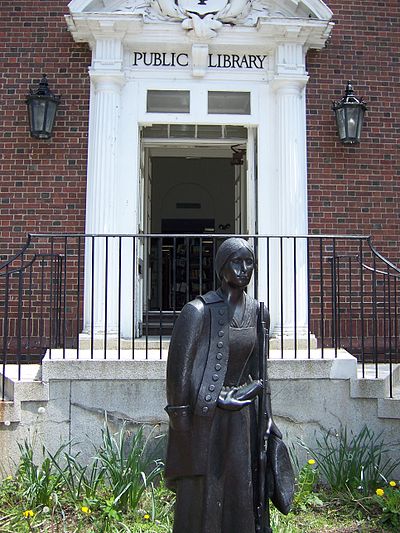
On October 25, 1783, General Knox granted her an honorable discharge from the Army at West Point.

Continuing her journey, Sampson emerged as an inspirational figure for women, delivering speeches across the East Coast that highlighted her service in the Army and addressed gender disparities.

These public addresses enabled her to champion the cause for the American Revolutionary War pension, advocating for her rightful entitlement.
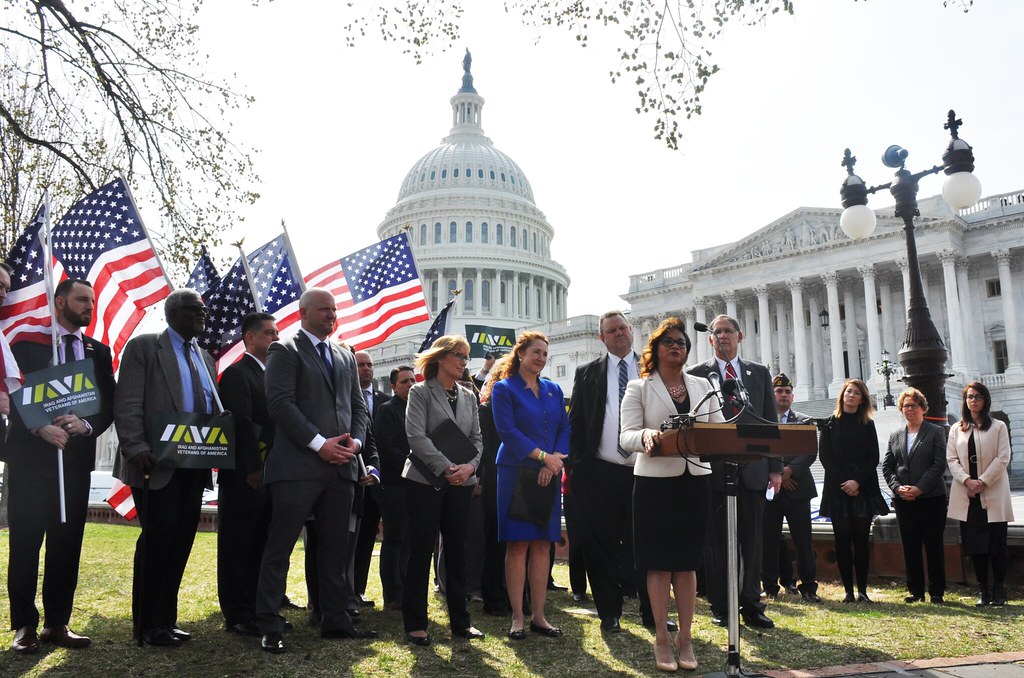
Sampson ardently pushed for equal benefits akin to those received by her male counterparts, dedicating herself to closing gender disparities for veterans and championing the rights of women who served their nation.
Relevant articles:
– Deborah Sampson: American Revolutionary War Hero, Mass.gov
– Remembering a Women’s rights pioneer: Deborah Sampson, Fairchild Air Force Base (.mil)
– The United States Army, Army.mil
– CHIPS Articles: Deborah Sampson — a Revolutionary Hero, Department of Navy Chief Information Officer (.mil)
